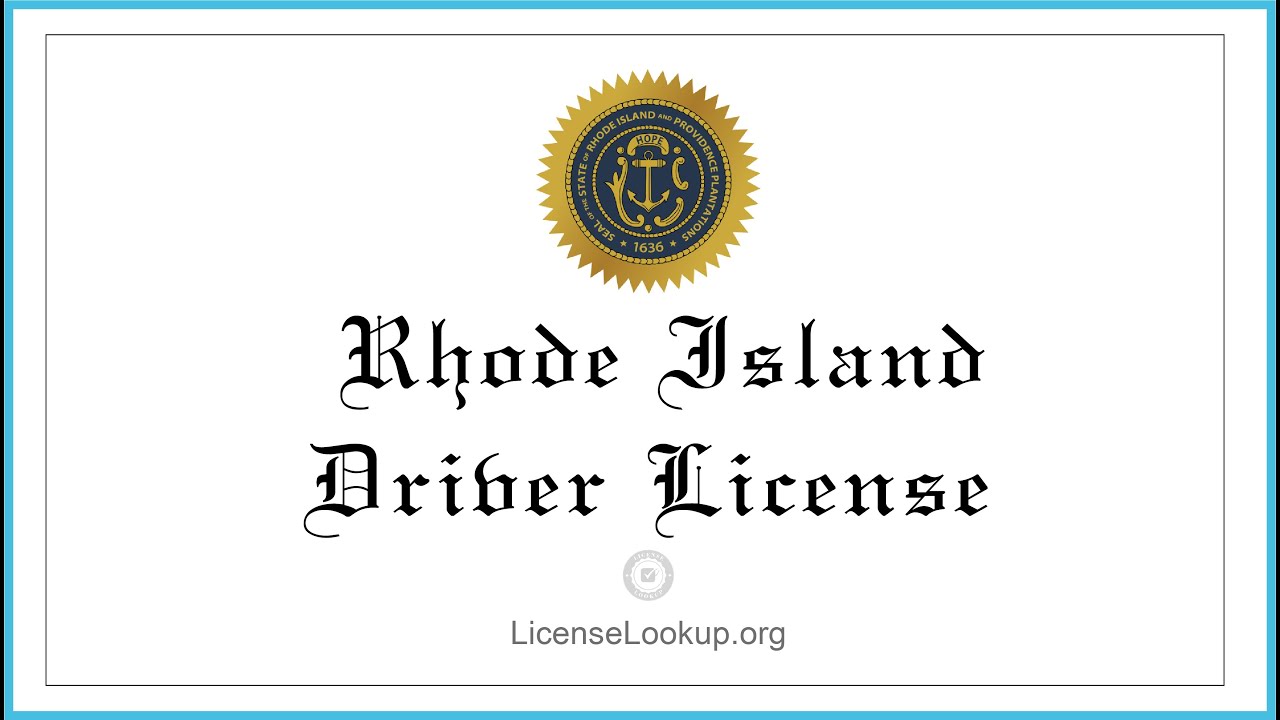Understanding Rhode Island’s driving restrictions
Rhode Island, like many other states, implements driving restrictions during certain situations to ensure the safety of its residents and reduce the risks associated with hazardous road conditions. These restrictions, commonly known as driving bans, are imposed to limit the movement of vehicles on the roads during emergencies such as severe weather events or natural disasters.
The impact of driving bans in Rhode Island
Driving bans in Rhode Island have a significant impact on the state and its residents. By restricting road access during emergencies, these bans help prevent accidents, reduce traffic congestion, and enable emergency response teams to reach affected areas more efficiently. They also promote public safety by discouraging unnecessary travel during hazardous conditions and ensuring that essential services, such as emergency medical care and utility repairs, can operate smoothly.
Analyzing Rhode Island’s driving ban policies
Rhode Island’s driving ban policies are well-defined and implemented to ensure the safety of its residents. These policies take into account various factors such as weather conditions, road conditions, and the severity of the emergency. They are designed to strike a balance between limiting unnecessary travel and allowing essential services to function effectively. Rhode Island’s driving ban policies are regularly reviewed and updated to align with evolving safety standards and best practices.
Rhode Island’s driving ban during emergencies
Rhode Island activates its driving ban during emergencies, primarily when the weather conditions pose a significant threat to public safety. This ban restricts non-essential travel, urging residents to stay off the roads to avoid accidents and enable emergency response teams to carry out their duties effectively. The activation of the driving ban is typically announced through official channels, including local media, government websites, and emergency alert systems.
Exceptions to the driving ban in Rhode Island
While Rhode Island’s driving ban limits non-essential travel, there are exceptions to this restriction. Emergency personnel, law enforcement officers, healthcare workers, and other essential service providers are exempt from the ban as they play a critical role in responding to emergencies and maintaining essential services. Additionally, individuals traveling to seek medical care or those involved in emergencies are also allowed to drive during the ban.
Rhode Island’s driving ban enforcement measures
Rhode Island enforces its driving ban through various measures to ensure compliance and maintain public safety. Law enforcement officers are deployed to monitor road activity and identify any violations of the ban. Violators may face fines, penalties, or other legal consequences for disregarding the driving ban. Additionally, Rhode Island also encourages residents to report any violations they observe, emphasizing the collective responsibility to uphold the ban.
Consequences of violating Rhode Island’s driving ban
Violating Rhode Island’s driving ban can have serious consequences. Apart from legal penalties, such as fines and fees, violators put themselves and others at risk by venturing out during hazardous conditions. They may encounter dangerous road conditions, experience accidents, or hinder emergency response efforts. Rhode Islanders are strongly urged to adhere to the driving ban to prioritize safety and minimize the potential consequences of non-compliance.
Is Rhode Island’s driving ban effective?
Rhode Island’s driving ban has proved to be effective in promoting public safety and reducing accidents during emergencies. By limiting road travel to essential personnel and emergency situations, Rhode Island ensures that resources can be efficiently allocated to those in need. The driving ban also helps prevent traffic congestion, allowing emergency responders to reach affected areas swiftly. While no system is perfect, Rhode Island’s driving ban has demonstrated positive results in protecting its residents.
Public opinion on Rhode Island’s driving ban
Public opinion on Rhode Island’s driving ban varies. While some residents appreciate the safety measures and recognize the necessity of the ban, others may view it as an inconvenience or an unnecessary restriction on personal freedom. However, the majority of Rhode Islanders understand the importance of public safety and acknowledge that the driving ban ultimately benefits the community in times of emergencies.
Comparing Rhode Island’s driving ban with other states
When comparing Rhode Island’s driving ban with other states, it becomes evident that driving ban policies vary across the United States. Some states, particularly those prone to severe weather events, have stricter driving ban policies, while others may have more lenient restrictions. Rhode Island’s driving ban policies align with the safety needs and considerations of the state, taking into account its unique geographical and weather-related challenges.
Future prospects of Rhode Island’s driving ban
Rhode Island’s driving ban policies are likely to continue evolving in response to changing safety standards and emerging technologies. As the state faces new challenges, such as the growing impact of climate change on weather patterns, Rhode Island may need to adapt its driving ban policies to address the increasing risks associated with extreme weather events. The state will likely continue to prioritize public safety and strive to improve the effectiveness of its driving ban measures.





